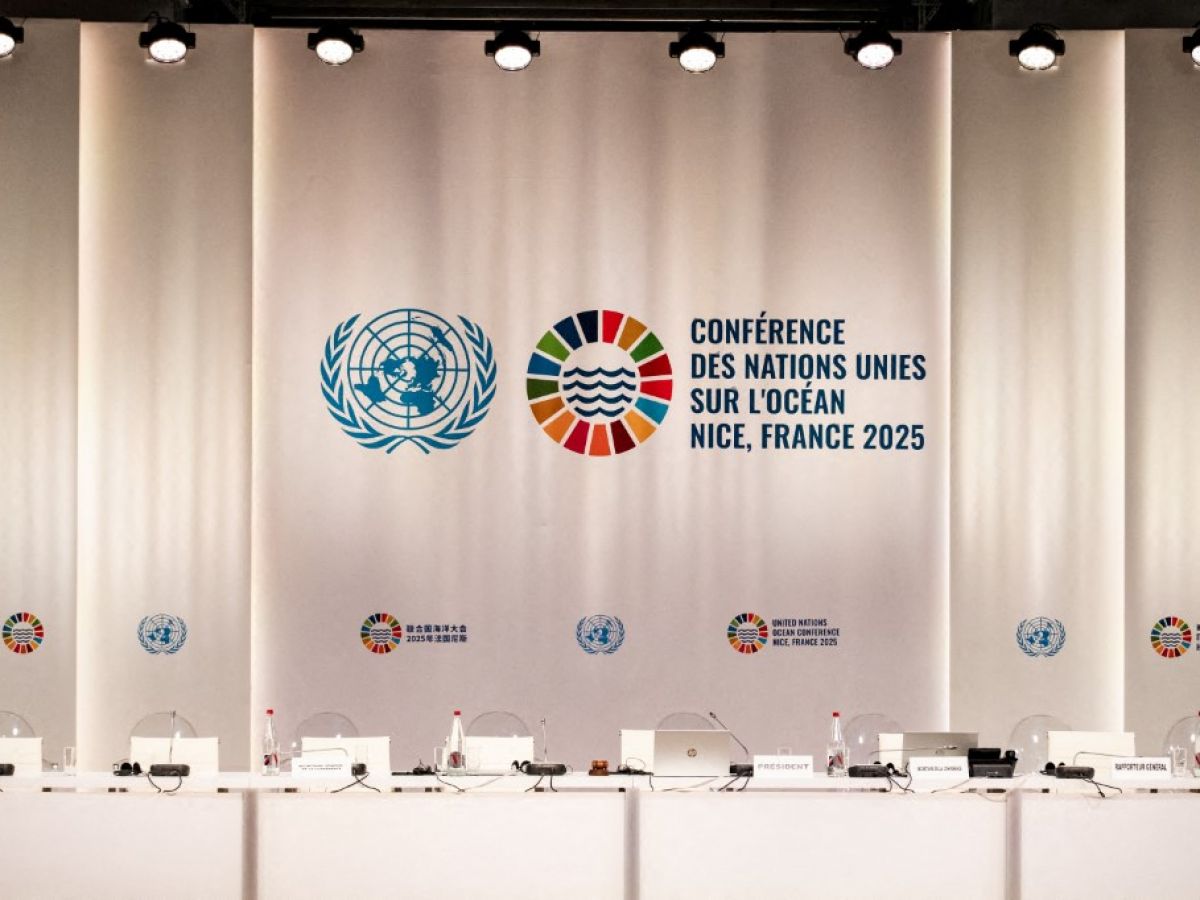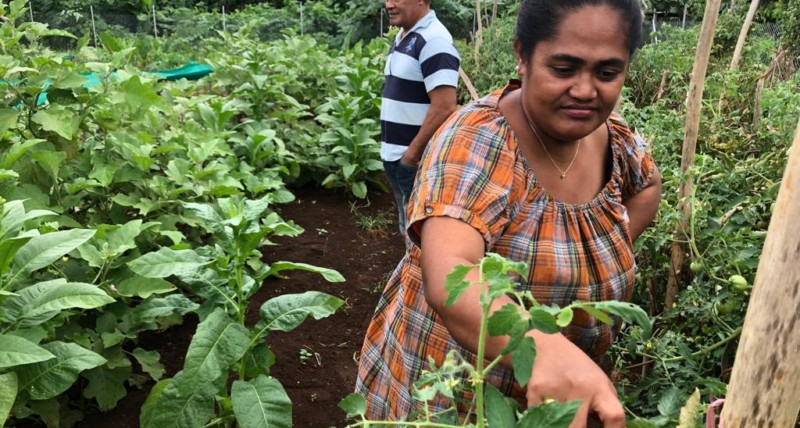Pollution, acidification, overexploitation… and now, the darkening of the photic zones. The ocean is at a tipping point. Warning signs are piling up, but political responses remain too slow. In Nice, a new initiative has emerged: IPOS, an international platform designed to help states act quickly and effectively by relying on scientific data and local knowledge.
The ocean is in trouble. Plastic, chemical, and noise pollution, acidification, overfishing… To top it all off, a recent study by Thomas Davies, a researcher at the University of Plymouth, UK, shows that the photic zones of the oceans—the areas where sunlight and moonlight penetrate, making them some of the planet’s most productive habitats—have darkened over the past 20 years, resulting in a reduction in the depth of these zones by more than 50 meters!
“But states have the capacity to act,” insists Françoise Gaill. To help them act quickly, the French oceanographer and Bruno David (former president of the National Museum of Natural History) initiated a new ocean governance support tool, officially launched during UNOC, held in Nice from June 9 to 13. Named IPOS (International Platform for Ocean Sustainability), this system draws on 60 scientific institutions and international organizations to assist national bodies in implementing climate and biodiversity commitments, as well as local authorities seeking more sustainable systems.
Accelerating Decision-Making
The system is straightforward: a state submits a targeted issue to the IPOS platform, which assembles a multidisciplinary expert working group. This group proposes concrete actions within a few weeks to several months—less than a year depending on the project’s scope—based on scientific studies and indigenous knowledge. This approach aims to speed up decision-making compared to the slower agendas of large multilateral institutions. Moreover, “it helps the poorest countries implement their 2030 commitments, including protecting 30% of marine areas by that date,” emphasizes Françoise Gaill.
A First Major Project on Deep-Sea Mining
The platform delivered its first major project on March 31, 2025, responding to a request made by Emmanuel Macron in 2023. Three types of deposits attract interest: polymetallic nodules from abyssal plains, metal sulfides near hydrothermal vents, and cobalt-rich crusts on seamounts.
“An industry with very high risk, without any turning back,”
An international committee of 18 scientists from five continents gave an unambiguous opinion: deep-sea mining carries major, poorly understood, and potentially irreversible risks for biodiversity, ocean cycles, and geopolitical balances. While these deposits contain metals critical for the energy transition (cobalt, nickel, rare earths), their extraction would require heavy machinery producing noise and massive physical disturbances. Furthermore, sediment plumes stirred up by mining could drift over long distances, carried by currents, eventually settling on distant seabeds and possibly destroying their biodiversity. According to Bruno David, “This would be a very high-risk industry, without return. We must humbly acknowledge that we still do not know enough.”
Other Pilot Projects Underway
Two other pilot projects are in progress: one in Costa Rica, where a marine protected area has led to conflicts with artisanal fisheries; and one in the Seychelles, which aims to establish a circular economy strategy for plastics.
To support this work, IPOS is developing a dedicated artificial intelligence called “Ocean-GPT.” It will aggregate data from academic science—with a knowledge base of 800,000 articles and reports—as well as indigenous knowledge and citizen observations.
Thanks to public and private funding, IPOS will be operational by September 2025. “We expect to reach full speed by 2027, with requests already coming from seven states,” concludes Françoise Gaill.
Source: sciencesetavenir



